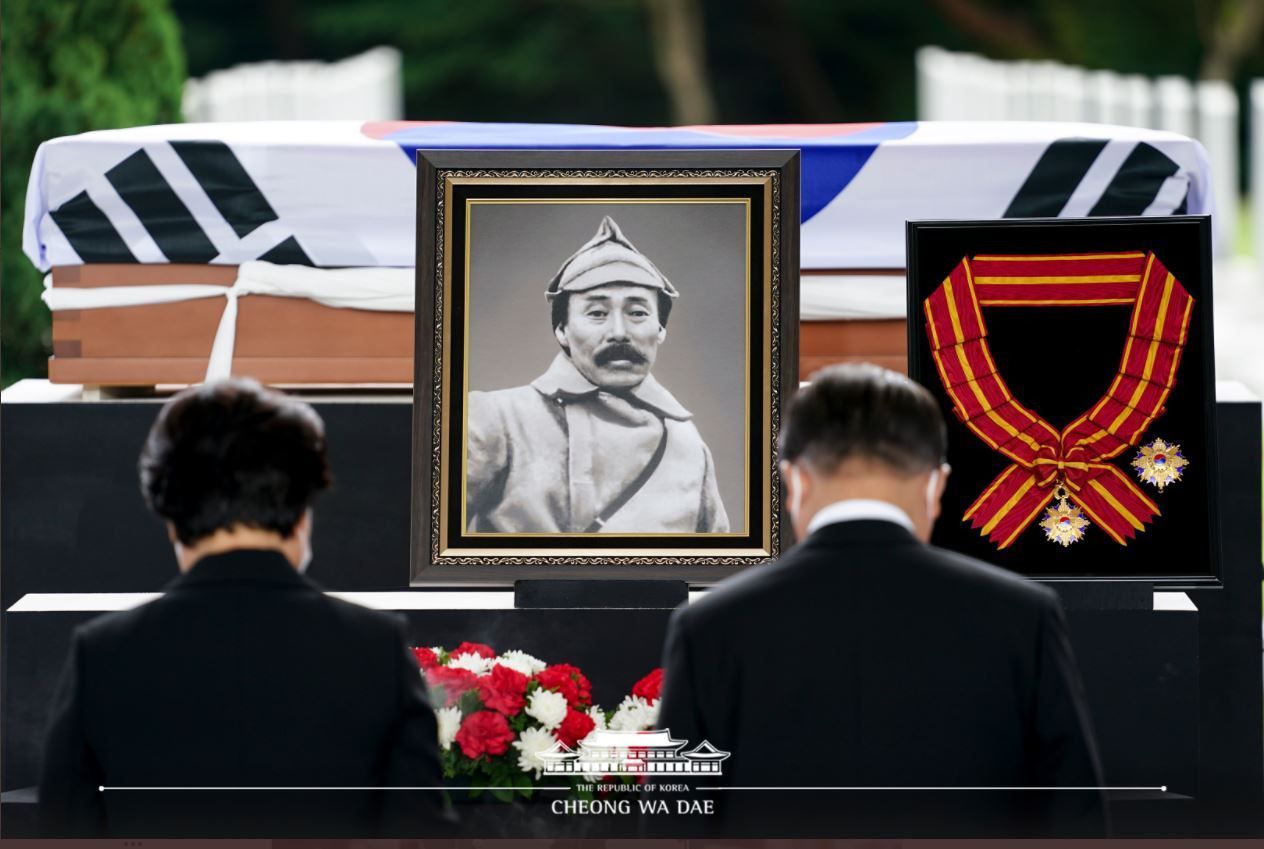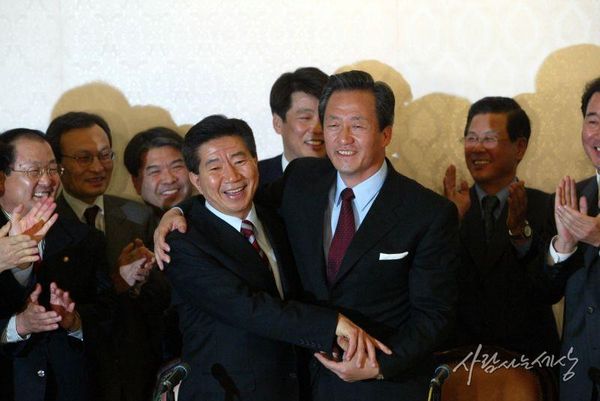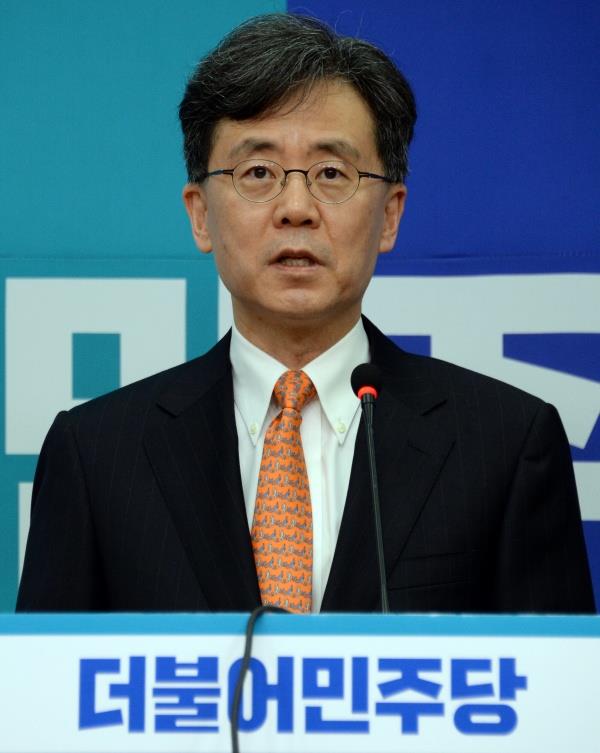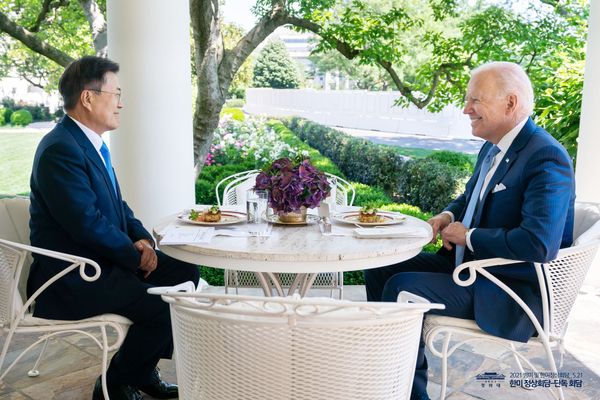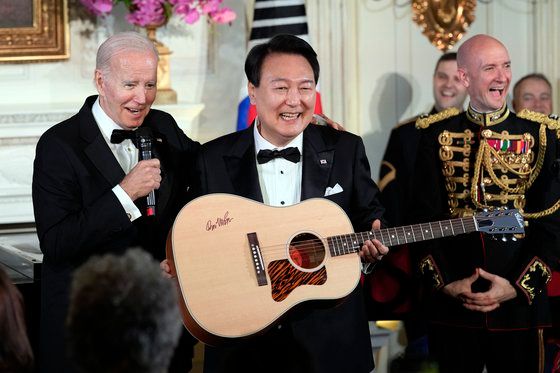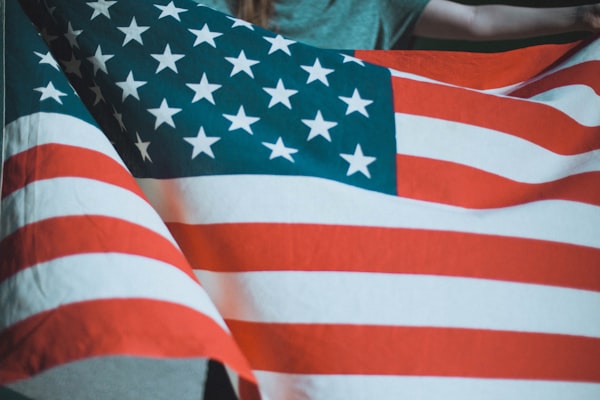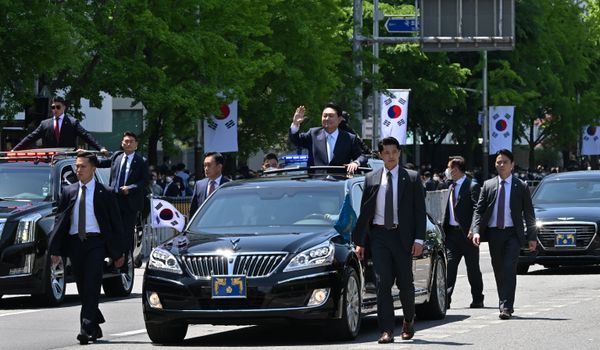Photo: President Moon Jae-in and First Lady Kim Jeong-suk pay respect to the remains of General Hong Beom-do. Credit: Office of the President.
Along with his compatriots Kim Jwa-jin 김좌진 and Lee Beom-seok 이범석, Hong Beom-do 홍범도 is among the most famed military leaders in Korea’s independence movement against Imperial Japan. Born in 1868 in Pyongyang 평양, Hong was a low-born hunter when he took arms against the invading Japanese in 1895 as a part of the Righteous Army 의병, a spontaneous uprising of military volunteers.
An imposing figure at 190 cm (6’ 3”) tall, Hong was known as an awe-inspiring sharpshooter whose hobby was to throw a coin in the air and shoot it with a pistol. Through the early 1900s, Hong engaged in dozens of guerrilla warfare operations against the Japanese military in the mountains of today’s North Korea, earning him the nickname “The Flying Hong Beom-do” 날으는 홍범도.
When Imperial Japan formally annexed Korea in 1910, Hong fled to far east Russia to continue leading the armed resistance. As the Supreme Commander of the Korean Independence Army 대한독립군, Hong led two of the independence movement’s greatest military victories against Imperial Japan: the Battle of Qingshanli 청산리 전투 and the Battle of Fengwudong 봉오동 전투 of 1920, where the Independence Army defeated the numerically and technologically superior Imperial Japanese Army in Manchuria.
Hong continued to live in far east Russia as a leader of the Korean diaspora of nearly 172k people, until 1937 when Joseph Stalin forcibly deported ethnic Koreans to Central Asia on a suspicion that Koreans may work with Imperial Japan. (Up to a quarter of Korean Russians, or over 40k people, perished during the journey.) Relocated to Kazakhstan, Hong passed away in 1943 and was buried in Kyzylorda. In 1962, the Republic of Korea awarded Hong Beom-do with the Order of Merit for National Foundation 건국훈장.
Video: Air Force escort for General Hong Beom-do's remains. Credit: KTV.
Bringing back the remains of Hong Beom-do was a diplomatic coup for Seoul, as both Koreas have competed to host the general’s remains since 1991 when Kazakhstan gained independence from the Soviet Union. Hong’s remains have significant implications for the ideological race between the two Koreas, as both claim exclusive legitimacy over the Korean Peninsula by tracing their governments back to the independence movement. North Korea has made a strong overture to the communist country, arguing that Hong was born in Pyongyang and his extended families were in North Korea. Yet President Moon Jae-in 문재인 persistently pushed this issue beginning with his 2019 state visit to Kazakhstan, and finally succeeded in bringing Hong’s remains when Kazakh president Kassym-Jomart Tokayev visited Seoul last week.
As the ROK Air Force KC-330 transport carrying Hong Beom-do’s remains entered Korea’s air space, it received an escort by six fighter jets representing every type of fighter jet operated by ROKAF. On the ground, Hong’s remains were greeted with a rendition of Korea’s national anthem set to the music of Auld Lang Syne, the national anthem as it was sung during Hong’s lifetime.


